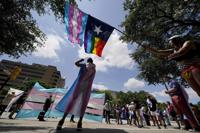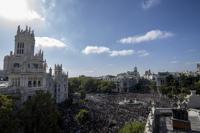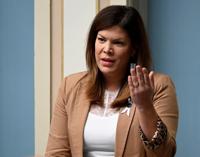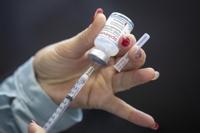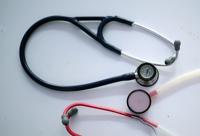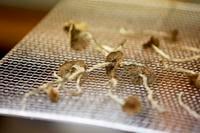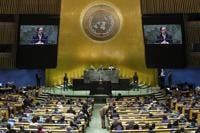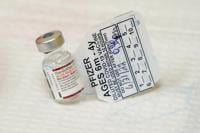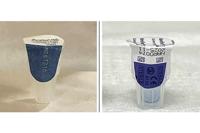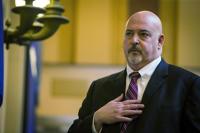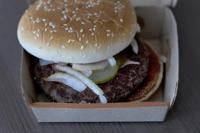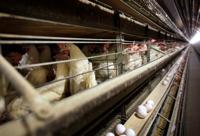WASHINGTON (AP) — Federal health advisers on Tuesday narrowly backed an experimental vaccine from Pfizer that could soon become the first shot to protect older adults against the respiratory illness known as RSV.
The Food and Drug Administration panel voted 7-4 on two separate questions of whether Pfizer's data showed the vaccine was safe and effective against the respiratory virus for people 60 and older. One panelist abstained from voting. The recommendation is non-binding and the FDA will make its own decision on the vaccine in the coming months.
The positive vote came despite concerns about rare potential reactions and questions about how the vaccine fared in people who face the greatest risks from RSV. Pfizer's shot was more than 85% effective at preventing severe disease in a company study, but panelists noted there were few people with underlying health problems.
“I think the primary endpoint was clearly met here,” said Dr. Daniel Feikin, a respiratory disease consultant who voted in favor of the vaccine. “It’s disappointing we don’t have more data on the high-risk groups and severe outcomes.”
Feikin and other panelists said the FDA should require more data on safety and effectiveness in Pfizer's planned follow-up study.
The FDA panel is also reviewing another proposed RSV vaccine from GlaxoSmithKline. The FDA panel is scheduled to review and vote on GSK's shot, which is also designed to prevent respiratory disease in older adults, on Wednesday.
For most healthy people, RSV is a cold-like nuisance. But for the very young, the elderly and people with certain health problems, it can be serious and even life-threatening. The virus can cause infections deep in the lungs, triggering pneumonia.
Efforts to develop RSV vaccines suffered a major setback in the 1960s when one experimental shot was shown to worsen infections in children.
Public interest in a potential vaccine peaked last fall during a surge of cases affecting babies and older Americans. Pfizer and GSK are currently only applying for approval among those who are 60 years old and up.
Much of Tuesday's meeting centered on two cases of Guillain-Barre syndrome, a rare neurological reaction, diagnosed in two people out of about 20,000 who received Pfizer's shot. Pfizer said the cases could have been due to other medical factors.
But the FDA said the reaction is “an important potential risk” and would need to be closely tracked and studied, if the vaccine is approved. Guillain-Barre syndrome occurs when the body’s immune system mistakenly attacks some of its nerve cells, sometimes causing paralysis that typically is temporary.
Panelists who voted against the vaccine's safety profile cited the two cases.
“I think we need to do everything we can to make sure that vaccines are safe before we send them out to the public,” said Dr. James Hildreth of Meharry Medical College.
___
The Associated Press Health and Science Department receives support from the Howard Hughes Medical Institute’s Science and Educational Media Group. The AP is solely responsible for all content.




